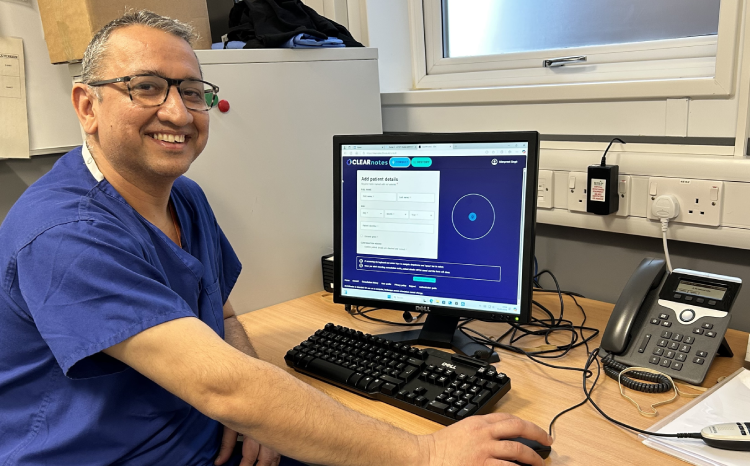Two midlands NHS trusts end partnerships with Babylon

Two NHS trusts have confirmed they will be ending their partnership with health tech company Babylon.
The Royal Wolverhampton NHS Trust announced a 10-year partnership with Babylon in January 2020 with the aim of developing a new model of digital-first integrated care and was followed by the introduction of a Covid-19 care assistant in April 2020. This partnership was extended to primary care in August 2021 which saw the roll out of the Babylon 360 app.
Just two years into the ten-year deal, a spokesperson for Babylon confirmed the partnership was due to end.
The spokesperson said: “At this time, RWT [Royal Wolverhampton] and Babylon have made a mutual decision to end our partnership, as it is not economically viable for Babylon in the current climate.”
They added: “RWT will continue to drive the adoption of digital healthcare tools and technologies in the planning and delivery of services. Babylon will continue to fulfil its mission to provide affordable, high quality, accessible care, including to over 380,000 patients in the UK. As a priority, we will work to ensure the safe and smooth transition of patients from the Babylon platform onto alternative providers.”
Another NHS customer looking to end their partnership with Babylon is University Hospitals Birmingham NHS Foundation Trust who first started working with the technology company in 2018 and also used Babylon’s Covid-19 care assistant.
A spokesperson for University Hospitals Birmingham confirmed that the trust “served notice on the contract with Babylon Health in July and this collaboration will end in October”.
They added: “Work continues on a new Emergency Department (ED) smart registration and triage project, using the learning gathered from the Babylon symptom checking project.”
Both University Hospitals Birmingham and Royal Wolverhampton were using Babylon’s Symptom Checker which resulted in more than 22,000 patients registering from across both regions.
Babylon’s spokesperson confirmed the decision had been made to decommission its Symptom Checker in 2022.
They added: “With the long-term commitment to embed NHS 111 as the first port of call for all patients with urgent and emergency needs, Babylon will no longer provide a separate Symptom Checker service to the NHS.
“We are proud of what we have achieved with University Hospitals Birmingham and the Royal Wolverhampton Trust over the past three years, where we have demonstrated the value of a Symptom Checker in providing convenient and on-demand access to triage advice.”
This latest news follows the CEO of Babylon Health saying the company will be careful about any further expansion of its UK GP services after revealing that it loses money on “every member that comes in”.
During an ‘Ask the CEO’ series (hosted by Babylon) on May 26, the company’s CEO, Dr Ali Parsa, was asked if there were any plans for the company to expand its UK GP services even further.
In response, Dr Parsa said despite “overwhelming demand” for GP services, the company is exercising caution.
The US-listed company has also seen its share price sharply decline by over 90% over the past year, from a 12-month high of $16 a share to current price of 99c a share, with a matching fall in value from $5 billion to $410m.





